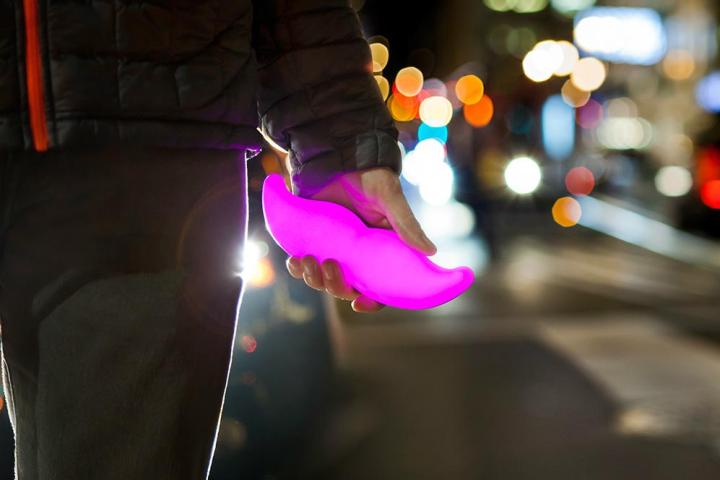
New York State Attorney General Eric T. Schneiderman and the New York Department of Financial Services first brought the issue to light in July 2014, when they accused Lyft of knowingly permitting drivers to operate without state-sanctioned insurance. Schneiderman and the agency further accused Lyft of violating separate state and municipal laws, because the service operated in Buffalo and Rochester in April 2014, two cities that did not approve Lyft’s operations and did not receive required notification that Lyft operated there.
A similar problem arose when Lyft launched in New York City last July, which it did without authorization, at least in Brooklyn and Queens, angering the City Taxi and Limo Commission (TLC).
“I have always been committed to fostering an innovative and competitive environment in which both new and existing companies can flourish in our great state,” said Schneiderman. “However, it’s critical that the laws put in place to protect consumers and ensure fair competition are not violated in the process. Today’s agreement enables Lyft to grow and prosper within the bounds of state and local regulations, while the penalties imposed send the message that companies that attempt to skirt the law will be held accountable.”
Even with the agreement, however, Lyft will continue to push to be permitted to operate outside of New York City under a company-created insurance program.
“Today’s mutually agreed upon settlement does not require any changes to existing Lyft service in New York,” said the company in a statement. “The settlement is part of our continued efforts to return true, peer-to-peer ride sharing to New York State at large, an effort supported by leaders and consumers across the state.”
Lyft’s headaches, however, may only be beginning. On Wednesday, the California Labor Commission ruled that an Uber driver was an employee, not a freelancer, after the commission concluded that Uber was much more than just an app. Even though the decision only applied in California, Uber’s home state, it could set a precedent for other drivers, and similar services such as Lyft’s, in different locations.


